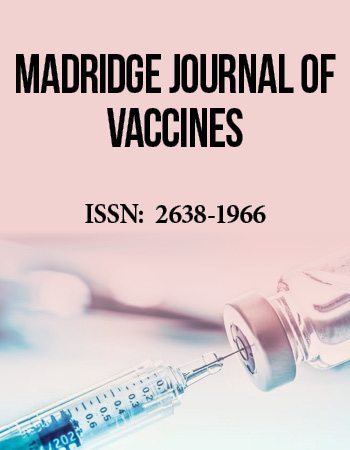International Conference on Vaccines
Feb 20-22, 2017 | Baltimore, USA
Towards a systems biology understanding of Type-2 Immune initiation
University of Central Florida, Burnett School of Biomedical Sciences, USA
Type 2 immune stimuli are unique. Unlike Th1 or Th17 stimuli which rely heavily on pattern recognition, type 2 agonists share very little in common with each other. Despite this, diverse type 2 stimuli are able to promote very similar downstream adaptive immune responses. This knowledge has, in turn, led to the development of therapeutic approaches which, for the most part, target the symptoms but do not modify the course of type 2 inflammatory diseases. This then raises the questions, “What do we currently understand about the rules governing type 2 immune initiation?” and “Are we currently using the right tools to enable us to come to a unified view of how our innate immune system recognizes and responds to type 2 agonists?”
This presentation will give an overview on what is currently known about innate immune recognition of type 2 stimuli, the approaches that can be used to develop a type 2 innate immune signature, and the potential therapeutic applications of such a strategy.
Biography:
Dr. Justine Tigno-Aranjuez received her B.S. in Molecular Biology and Biotechnology from the University of the Philippines. She received her PhD. in Pathology from Case Western Reserve University studying the role of adjuvants in shaping T cell responses. She continued at Case Western as a Postdoctoral Fellow and Instructor doing research on the posttranslational control of signaling mediated through the bacterial peptidoglycan sensor NOD2. She is currently an Assistant Professor at the University of Central Florida and continues to study innate immune signaling pathways in inflammatory diseases.
She has published in journals such as Genes & Development, Molecular and Cellular Biology, Cell Reports, The Journal of Immunology, and the Journal of Biological Chemistry. While at Case Western University, she also filed 2 patents in which she was 50% co-inventor. She has been the recipient of an American Cancer Society Postdoctoral Fellowship, an NIDDK NRSA F32 award, and is currently NHLBI K99/R00 recipient.


